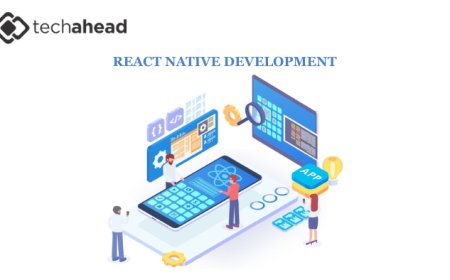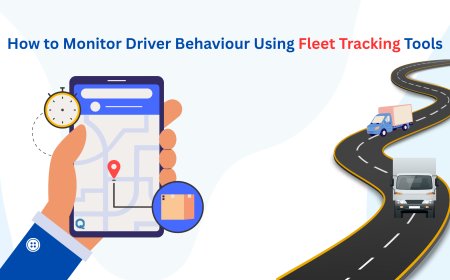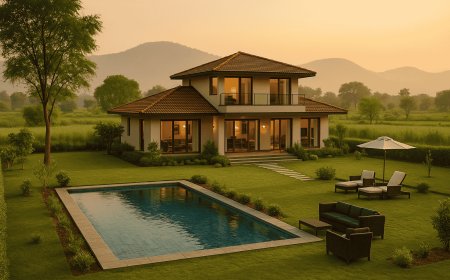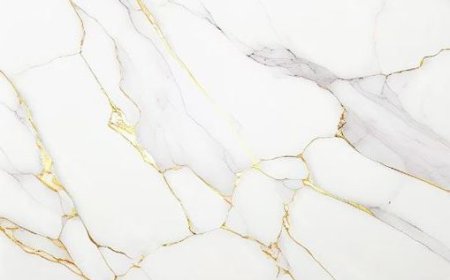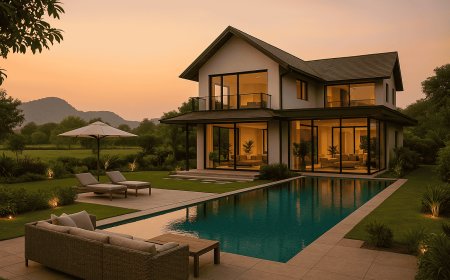Dubai Real Estate: Where Smart Investors Build for the Long Run
When it comes to real estate, the most powerful decisions are not just about locationtheyre about timing, vision, and sustainability. In a world shaped by geopolitical uncertainty, shifting financial policies, and rapidly evolving cities, Dubai has emerged as a global real estate powerhouse that checks every critical box: safety, yield, scalability, and future readiness.
This isnt just about the glitzy towers or futuristic skylines that dominate Dubai postcards. Its about a real estate ecosystem that has maturedcrafted deliberately over the last two decades to serve long-term thinkers, global entrepreneurs, and legacy-focused investors.
Dubais Property Market: Engineered for Resilience
Many cities have a property boom followed by a bust. Dubai, however, has undergone controlled cycles of correction and recalibration, resulting in a more disciplined, data-backed, and institutionally trusted market. These pillars form the foundation of its current strength:
-
Robust Legal Framework: The Dubai Land Department (DLD) and Real Estate Regulatory Agency (RERA) are recognized globally for maintaining investor protections and transparency.
-
Freehold Property for Foreigners: Investors from any country can own property outright in designated areas, with no limitations on resale or leasing.
-
Zero Annual Taxes: No recurring property tax, no capital gains tax, and no inheritance tax make Dubai uniquely appealing from a net return standpoint.
-
High Liquidity: With a consistent demand from both end-users and international investors, Dubais market supports quick transactions and solid exit strategies.
When you invest in Dubai, youre aligning with a government and real estate sector that has prioritized long-term economic stability.
Sustainable Developments: The New Standard
Gone are the days when Dubai was defined by oversized luxury for its own sake. Today, the emirate leads the region in green building initiatives, smart infrastructure, and low-impact master planning.
-
Districts like Tilal Al Ghaf and Dubai Creek Harbour are being designed as model green communities, with solar panels, sustainable water systems, and walkable urban cores.
-
Smart homes come with AI-powered climate control, energy-saving systems, and integrated security technology as standard.
-
Developer commitments to global ESG standards are increasingly shaping construction and materials decisions.
For investors, this translates into assets that will remain desirable, regulation-compliant, and competitive for decades to come.
Flexible Entry Points for All Investor Types
Dubais real estate isnt just for ultra-high-net-worth buyers. In fact, one of its key strengths is the diversity of entry options:
-
Studios & 1-Bed Apartments in areas like Jumeirah Village Circle (JVC), Arjan, and Dubai South provide affordable entry into strong rental zones.
-
Luxury Apartments in Downtown Dubai, DIFC, or Dubai Marina combine capital appreciation with lifestyle perks.
-
Townhouses & Villas in Dubai Hills, The Valley, and Arabian Ranches cater to growing families and long-term residents.
-
Ultra-Prime Assets on Palm Jumeirah, Bluewaters Island, and Emirates Hills remain desirable to global elites seeking trophy homes.
This layered market lets investors customize their portfolios for short-term gains, steady income, or legacy asset building.
Rental Yields That Beat Global Benchmarks
Dubai consistently delivers rental returns that exceed what investors can expect in New York, London, or Singapore. Depending on location, gross yields range between 5% and 8%, with select communities even reaching higher figures.
Demand is driven by:
-
A highly mobile and constantly renewing expatriate population.
-
Ongoing tourism and short-term rental demand (especially near Expo and beachfront zones).
-
Dubais increasing appeal as a base for digital nomads, retirees, and remote workers.
With a well-managed property, landlords enjoy both high occupancy and long-term tenant retention.
Off-Plan or Ready? Choosing the Right Investment Strategy
Dubais market gives you two powerful routes: completed properties or off-plan (pre-construction) units.
Ready Properties:
-
Immediate rental income or personal use.
-
Predictable ownership costs and known service fees.
-
Lower risk profile with shorter transaction timelines.
Off-Plan Investments:
-
Lower purchase price and attractive developer incentives.
-
Long-term payment plans (sometimes up to 7 years post-handover).
-
Opportunity to buy early in up-and-coming areas before prices surge.
Each path has its advantages, and agencies like Yes Property can guide investors based on their risk appetite, goals, and preferred holding period.
Global Citizenship and Residency Options
Dubai makes it easy to anchor your lifestyle here. For property owners, the UAE offers:
-
2 to 5-Year Property Investor Visas: For investments starting from AED 750,000.
-
10-Year Golden Visa: For property assets of AED 2 million or more, allowing extended residency for family and domestic staff.
-
Retirement Visa: Available for 55+ residents who meet certain income or property criteria.
These visa programs make property not just a financial assetbut a gateway to long-term opportunity and peace of mind.
Step-by-Step Buying Guide
If youre new to the UAE market, heres how a typical transaction unfolds:
-
Identify the Investment Objective: Decide between capital growth, rental income, vacation use, or family residence.
-
Set the Budget: Include property cost, DLD fees (4%), agent commission (2%), and service charges.
-
Choose the Right Property: Work with trusted, RERA-licensed agents like Yes Property to shortlist vetted listings.
-
Sign MoU: A formal agreement between buyer and seller with payment terms and obligations. A 10% deposit is standard.
-
Secure NOC and Title Transfer: The seller clears all dues, the developer issues a No Objection Certificate, and ownership is transferred through the DLD.
Total time for a ready property purchase can range from 30 to 60 days.
Strategic Locations to Watch in 2025 and Beyond
As Dubai expands, smart investors are looking to newly developing zones with strong infrastructure plans and lifestyle credentials:
-
Dubai South: Near Al Maktoum International Airport and the former Expo siteideal for logistics, startups, and aviation-linked industries.
-
Meydan: Home to future canal extensions and upscale, modern residences.
-
The Valley and The Lagoons: Green, family-oriented districts gaining traction among end users and rental investors alike.
For those exploring dubai UAE real estate, these emerging areas offer the chance to enter early in districts that will define the citys next decade.
Conclusion: A Market Designed for the Long Haul
Dubais real estate market is not a speculative playgroundits a well-governed, globally respected platform where long-term value creation is not only possible but expected. With stable regulations, zero-tax upside, modern infrastructure, and expanding visa incentives, the emirate continues to outperform legacy markets weighed down by high taxes and bureaucratic drag.
In a world of fleeting trends, Dubai offers something rare: a clear, scalable, and sustainable real estate roadmap. For smart investors with a future-facing mindset, theres no better timeor placeto plant roots.





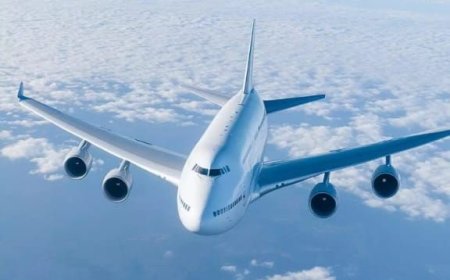











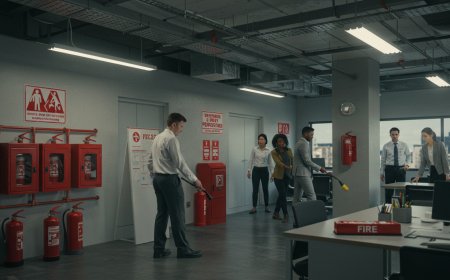


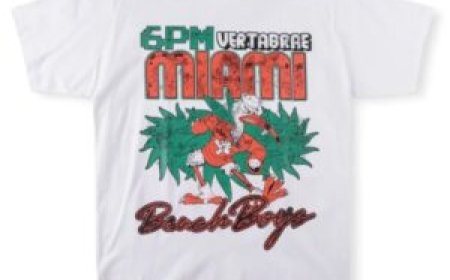
![Top 11 Real Estate Mobile App Developers in Riyadh, Saudi Arabia [2025 Edition]](https://www.philadelphialivenews.com/uploads/images/202506/image_430x256_68621a9e48997.jpg)


